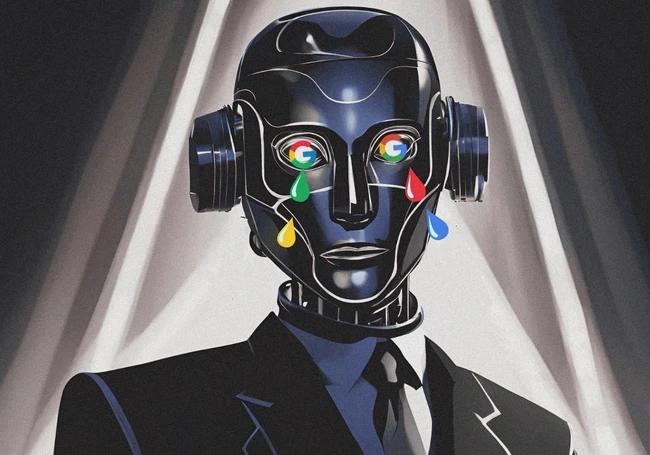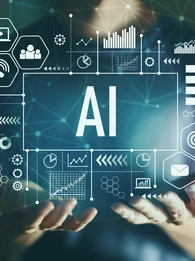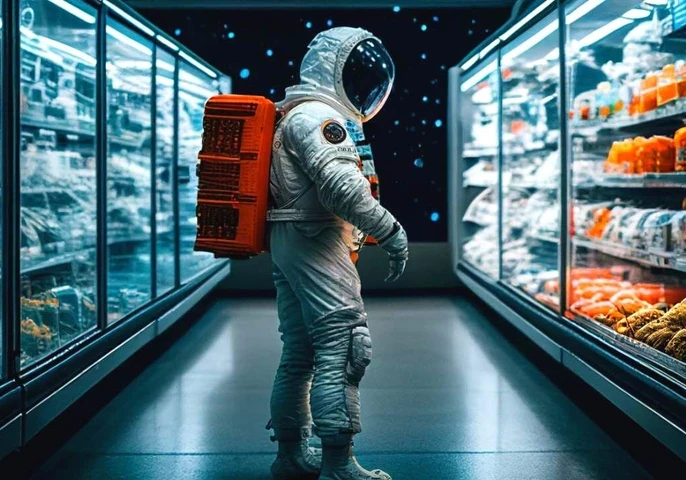Character AI is pulling out of the race to build AI models after a $2.7 billion deal with Google poached its two founders.
The chatbot web application, which allows users to interact with chatbots that mimic figures from fictional characters to celebrities, has largely abandoned building large language models (LLMs) amid growing competition from Microsoft-backed OpenAI, Amazon and Google.
InCharacter AI’s new interim chief executive, CEO Dominic Perella told the Financial Times the three-year-old company will focus on its popular consumer product instead – chatbots that simulate conversations with celebrities or fictional characters,
“It got insanely expensive to train frontier models . . . which is extremely difficult to finance on even a very large start-up budget,”

“Our consumer products got incredible traction, and you had a bit of a dichotomy inside the company of folks who wanted to focus on training the most cutting-edge possible models versus folks who came from a consumer background seeing this product take off.”
Character AI’s co-founders, Noam Shazeer and Daniel De Freitas, left the startup at the start of August when Google re-hired them in a $2.7 billion deal.
The two highly respected AI researchers had worked at Google until 2022 to start Character AI, and in 2022 the start-up was valued at $1 billion.
The deal is strikingly similar to two others that have received scrutiny from regulators for potentially skirting antitrust laws.
In March, Microsoft hired away the head of Inflection AI, another chatbot start-up that had received substantial funding, and agreed to pay the company for its technology.
Meanwhile, in June, Amazon announced a similar arrangement with Adept AI, a start-up founded by former Google and OpenAI engineer David Luan.
AI dreams crushed by big tech
Character AI’s pivot follows a similar path to other start-ups, such as Germany’s Aleph Alpha, which has given up ambitions of building large language models due to the massive costs involved in developing the technology.
This has led some experts to be concerned about how difficult it appears to be to build successful businesses in artificial intelligence, despite the recent surge of investment into the technology.
Start-ups attempting to go it alone can be forced to pay giants such as Google, Microsoft and Amazon for access to chips via cloud computing services while also competing with those companies in AI development. At the same time, even some of the largest companies are still struggling to find ways to make big profits with AI.
With the $2.7bn from the Google deal, Character.ai bought out its investors and distributed the ownership of the company among employees in a co-operative, a “very unique structure and maybe unheard of in Silicon Valley,” said Perella.
This structure saw the Character AI lose 20% of staff to Google’s AI arm DeepMind. The deal also gave Google a one-off license to the start-up’s models at the time.
The interim chief executive’s stake is less than 10% according to one person with knowledge of the company’s finances, and staff also received a one-off payout.
Character.ai had previously received takeover interest including Facebook and Instagram owner Meta, and last year was valued at $1bn in a funding round led by Andreessen Horowitz.
Perella is hopeful the Google deal will not cause antitrust concerns as it plans to operate within the same market.
“Over the past few weeks, we coalesced around this mission of creating the next big platform and using AI to power it and using our secret sauce to power it.

Inside xAI Aurora for X
How Musk is folding multimodal image generation into X to compete with OpenAI and Google, and what it signals for social platforms as AI studios.
“We still own all of our technology, have almost all of our people and we are continuing to grow,” he added.







Comments ( 0 )